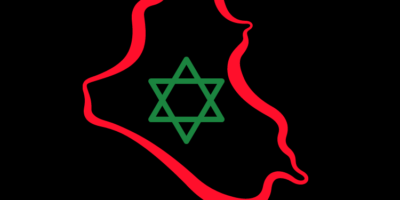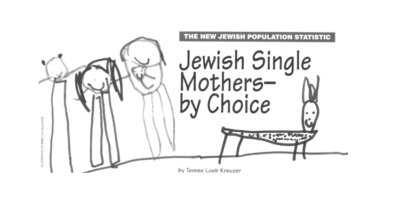
Pressing for Peace (And More Women) in Jerusalem
The Sixth International Jewish Media Conference, held in Jerusalem this past winter, gathered together 150 journalists—about one third women—from over 30 countries. Only in the margins of the program, was it possible to notice a slowly spreading national awareness of women’s issues reflected in many local projects. In times of war in Israel, women’s issues have often been given low priority, especially at conferences like this. It seems the same may hold true for times of peace.
Not a single formal program addressed women’s issues specifically, and women were rare (5 of 40) among those who addressed the plenary. They were Shulamit Aloni, Minister of Communications, Science and the Arts; Wafa Amar, a Jordanian correspondent for Reuters based in Israel; Nadine Baudot-Trajtenberg, an economist with Israel’s Bank Hapoalim; Ruth Lapidot professor of law at the Hebrew University; and Amira Hess, Gaza correspondent for the daily newspaper Haaretz. Hess, with an academic background in history and the Holocaust, spoke of her reporting as “journalism from the other side.” “I am in a permanent discovery of the (Palestinian) society whose direction of development was determined by my own society,” she noted.
In informal but scheduled encounters, such as coffee discussions with representatives of Peace Now and the Judea and Samaria Settlers Movements, women were more numerous. The best chance for learning about women’s issues came on site visits. Israel Film Archive curator Amy Kronish commented wryly on the gaps between the images of Jewish women in film and the reality. Melila Helner hosted journalists at Elul, a unique Jerusalem bet midrash where secular and religious Jews, female and male study texts together. At the Jerusalem College of Technology several touring press people—men as well as women—were disturbed by an impressive video showing how the college, founded in 1969, integrates new immigrants and gives them the technical skills to earn a living plus a background in Judaic studies. The problem? The college only admits male students!
In other exchanges, both Chief Rabbi Yisrael Meir Lau, and Jerusalem Mayor Ehud Olmert, asked how to resolve the yet unanswered 1989 petition of the “Women of the Wall” to read from a Torah at the holy site, declined to give opinions and made reference to vague “committees” of others. Panelist Rabbi David Rosen, Director of the Interfaith Relations for the Anti-Defamation League, was more blunt. He remarked in an informal conversation that it is indeed “a moral outrage” that women should be denied this right, but that “it is difficult to bring a large diverse population such as Jerusalem’s into the modern way of thinking.”




